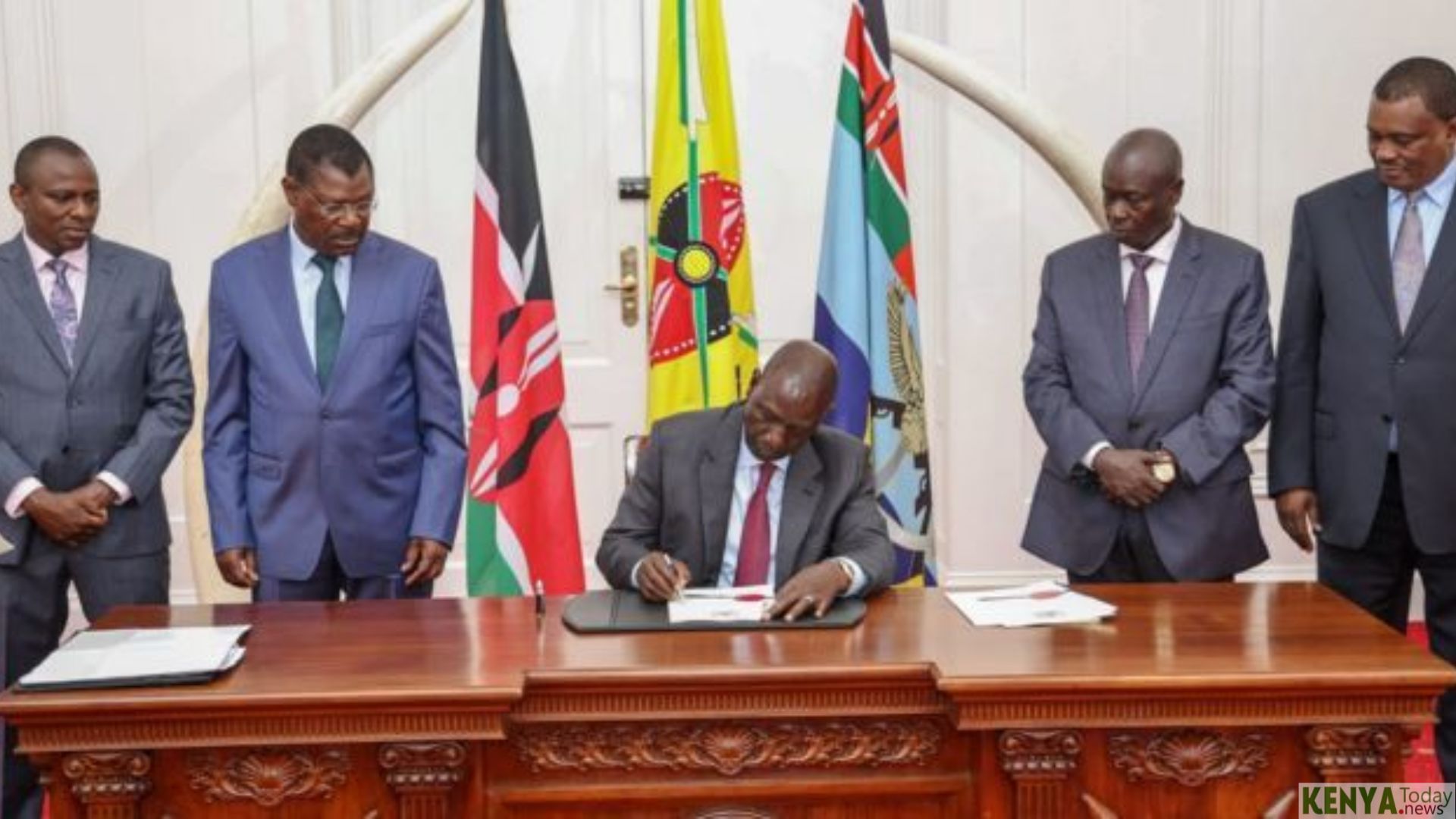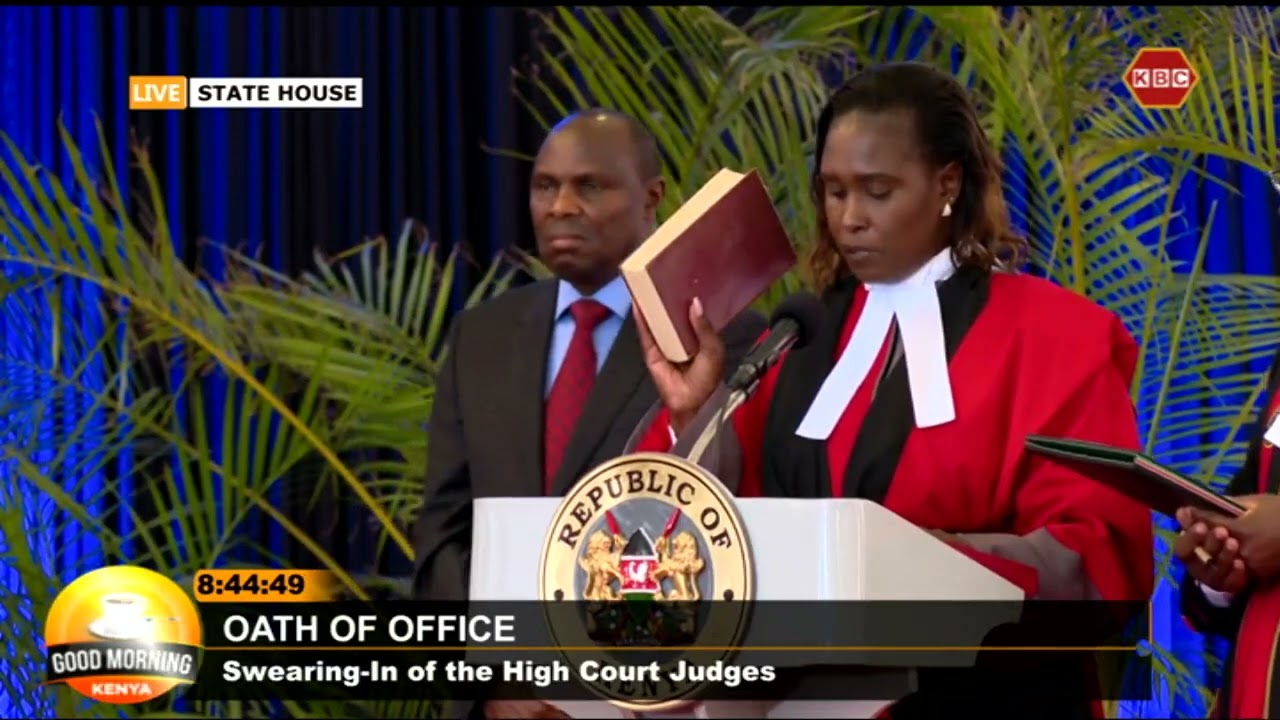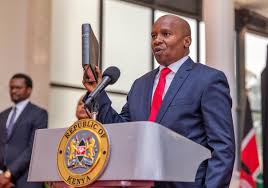
President William Ruto’s administration would raise foreign borrowing after adjusting the 2023–24 fiscal year budget from Ksh3.7 trillion to Ksh3.9 trillion.
The government boosted the amount to be borrowed from the foreign market from Ksh131 billion to Ksh449 billion in the Budget Review and Outlook Paper (BROP) released by the Treasury on Sunday, while reducing domestic borrowing to Ksh411 billion.
Treasury intends to cover the enlarged budget via higher tax collections and revised foreign borrowing.
Ruto was elected on the promise of eliminating wasteful expenditure and borrowing, but since assuming office, he has increased foreign and domestic borrowing.
Borrowing from the domestic market has decreased, but not to the extent promised by Central Bank Governor Kamau Thugge.
The government will borrow Ksh411 billion domestically from the Ksh583 billion approved by parliament in June.
By reducing debt purchases by local banks, the government intends to lower interest rates and stimulate lending to the private sector.
Adjustments in National Government spending have necessitated revised spending.
Ministerial national government expenses had been given Ksh2.38 trillion in the budget, but the figure has since been raised to Ksh2.4 trillion.
In addition, the Treasury would spend Ksh1.3 trillion on interest and pensions, up from Ksh986 billion previously projected.
While the Treasury’s budget for National Government expenses has increased, the equitable portion distributed to counties has remained the same at Ksh385 billion.
In response, the Treasury accused county governments of failing to seek alternate revenue sources as required by the Constitution.
“County governments may borrow in accordance with Article 212 (a) of the Constitution with National government guarantee.” “However, no County Government has used this window to borrow since devolution,” County Governors were accused.











